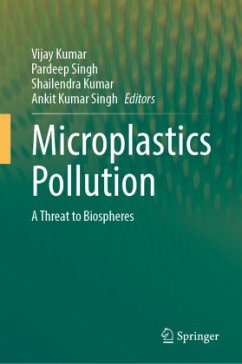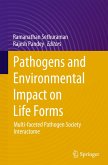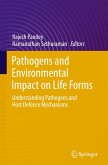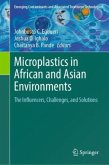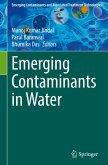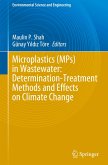The fragments of the plastics smaller than 5 mm are called microplastics. These are widely distributed contaminants in aquatic, terrestrial, and aerial environments. Microplastics are released into the environment due to the extensive use of plastics and microplastics for various purposes, such as mulching, commercial organic fertiliser, and cosmetics. In addition, microplastics are also released from industries like polymer, textiles, and transport industries. The mismanagement of plastic garbage also builds up in the environment and releases microplastics.
Microplastics not only act as contaminants but also act as vectors for numerous harmful chemical and biological pollutants, such as heavy metals, persistent organic pollutants, and pathogens, which have been linked to detrimental effects on the health of aquatic and terrestrial ecosystems.
The present book will discuss the research carried out by the great scientific community working in the field of microplastic pollution in the soil, air, and water, as well as their potential remediation strategies. The readers would be able to find a loop between the significant sources of microplastic pollution, their impact on the biosphere, and solutions in one place.
Microplastics not only act as contaminants but also act as vectors for numerous harmful chemical and biological pollutants, such as heavy metals, persistent organic pollutants, and pathogens, which have been linked to detrimental effects on the health of aquatic and terrestrial ecosystems.
The present book will discuss the research carried out by the great scientific community working in the field of microplastic pollution in the soil, air, and water, as well as their potential remediation strategies. The readers would be able to find a loop between the significant sources of microplastic pollution, their impact on the biosphere, and solutions in one place.

